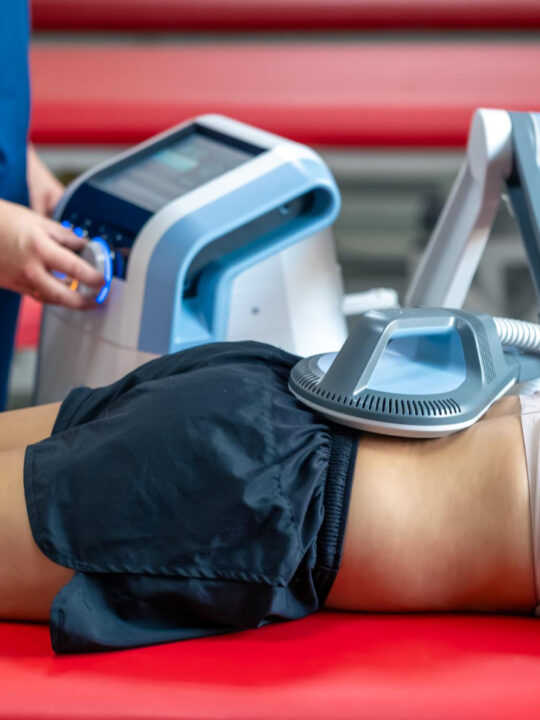 When you enter drug rehab in Oklahoma City, you’re taking an important step toward regaining control of your life. However, if you have a co-occurring mental health disorder along with your addiction, it can complicate your treatment plan. As you consider treatment options, it’s crucial to understand how having a dual diagnosis can impact your recovery journey.
When you enter drug rehab in Oklahoma City, you’re taking an important step toward regaining control of your life. However, if you have a co-occurring mental health disorder along with your addiction, it can complicate your treatment plan. As you consider treatment options, it’s crucial to understand how having a dual diagnosis can impact your recovery journey.
Table of Contents
What Are Co-Occurring Disorders?
Co-occurring disorders, also called dual diagnoses, refer to having both a mental health issue and substance abuse problem simultaneously. Some common examples include having depression or anxiety while also struggling with alcoholism or drug addiction. The mental health condition is often pre-existing, but substance abuse can bring it out, or make symptoms worse. It’s estimated that over 50 percent of individuals with an addiction also live with another mental health disorder. If you have a dual diagnosis, it’s key that both conditions are addressed together for treatment to be effective.
Why Is an Integrated Treatment Approach Essential?
Attempting to treat just one issue while ignoring the other simply won’t cut it. The two conditions build upon each other, interact, and exacerbate symptoms. For example, you may drink or use drugs as an unhealthy coping mechanism for unpleasant feelings from depression or anxiety. In turn, continued substance abuse negatively impacts mental health. With integrated treatment, rehab facilities have both addiction and mental health specialists working together to develop customized treatment plans. By addressing both simultaneously, you can better understand the underlying issues behind your substance abuse while also learning healthier coping strategies.
How Can Symptoms Become Worse in Early Recovery?
It’s common for mental health symptoms like depression, mood swings, anxiety, and insomnia to spike in the first weeks or months of recovery. This occurs because you no longer have drugs or alcohol masking or muting what’s going on emotionally. As substances leave your system, you’ll start feeling what’s been building up underneath the addiction. This can leave you feeling raw, vulnerable, and off-balance. Integrated treatment methods equip you with behavioral and lifestyle changes to stabilize while also providing emotional support.
Relapse Risks from Untreated Co-Occurring Disorders
Ignoring or failing to treat co-occurring mental health concerns poses serious risks that can sabotage rehab efforts. If underlying issues go unaddressed, you remain vulnerable to self-medicating and relapsing. For example, un-managed symptoms like social anxiety or depression can become so uncomfortable that picking up drugs or alcohol seems like the only path to relief. However, self-medicating only serves to exacerbate the issue. Integrated treatment teaches alternative coping skills, so you can deal with symptoms fully conscious and sober.
Getting treatment for just one aspect of a dual diagnosis is rarely successful long-term. An integrated approach addresses both simultaneously, giving you tools to build a healthier, sober life. Don’t let co-occurring disorders deter you from seeking help. With the right treatment plan tailored to your needs, lasting recovery is possible.







